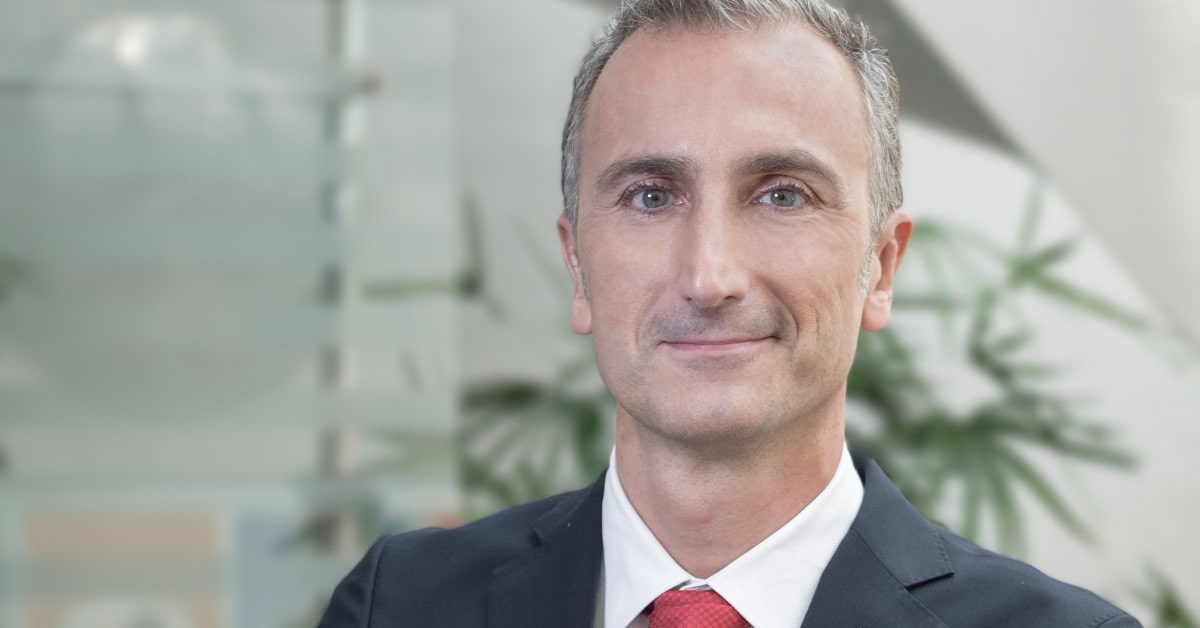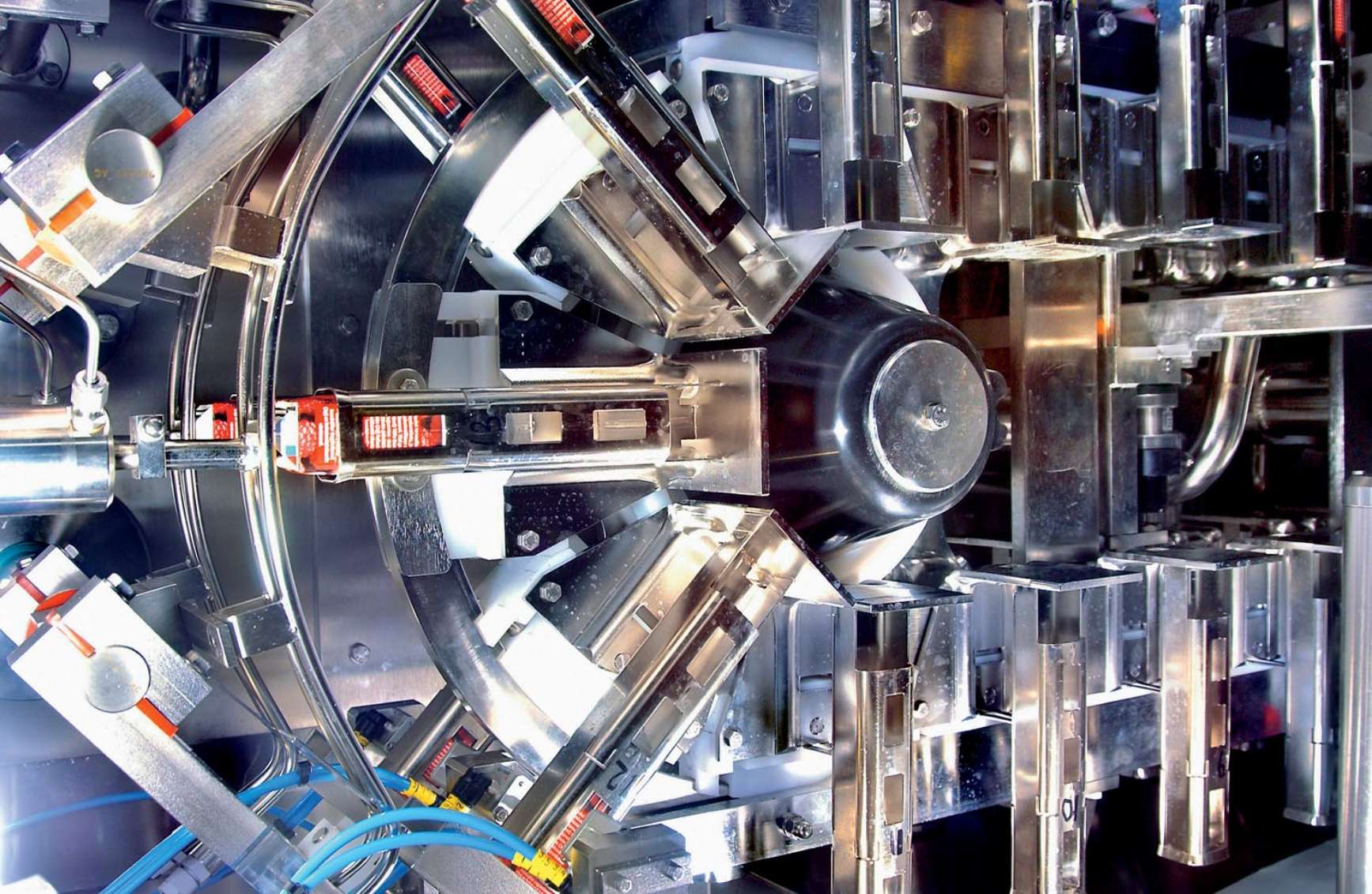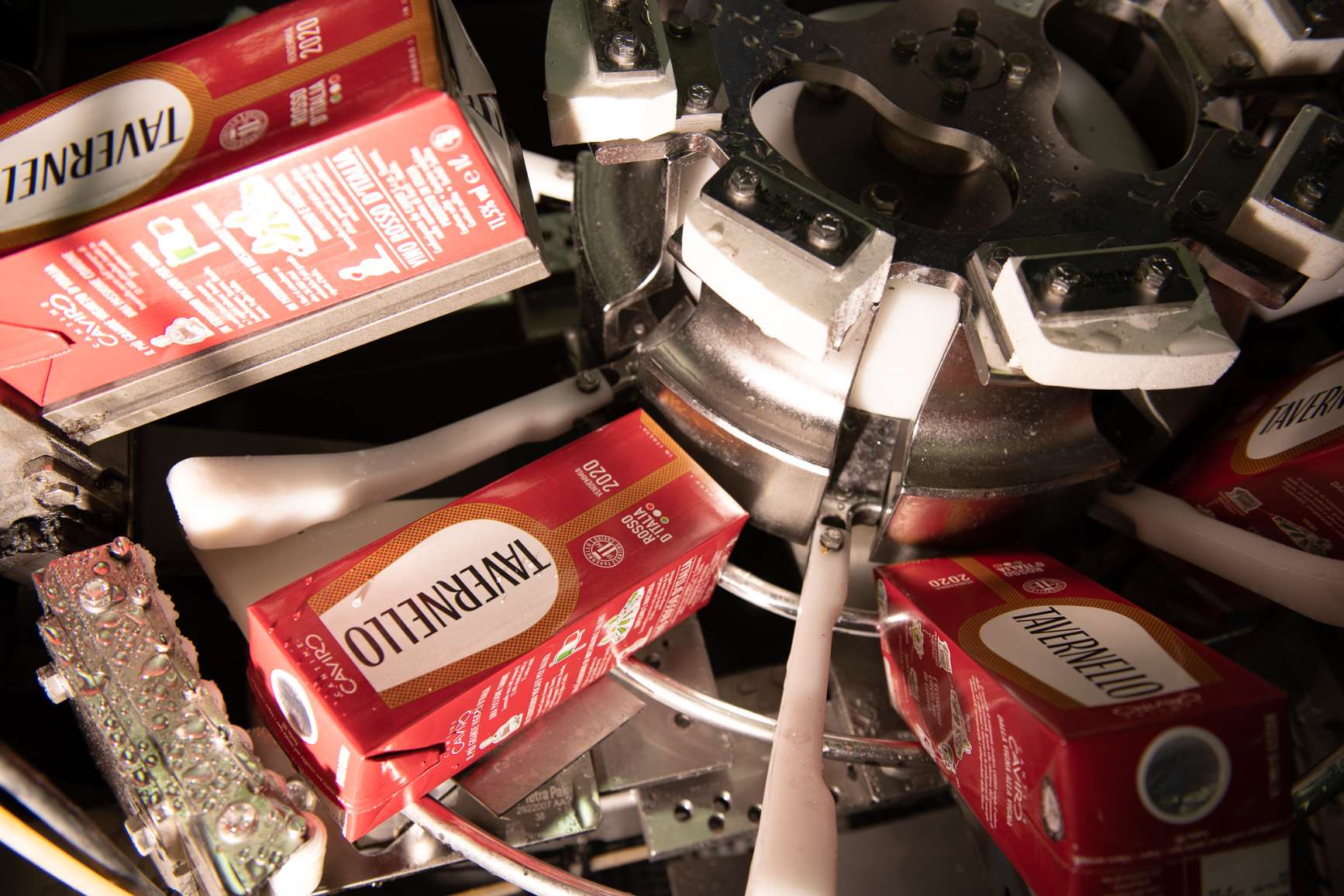Causing less of an impact on the ecosystem and reducing waste in the kitchen is easy. The words of Anne-Marie Bonneau, founder of the blog Zero-Waste Chef.
Anthropologists call it "agency", and it is the human faculty to make things happen, to act within a system we are a part of, to intervene in reality and produce an effect.
Asking yourself what the future impact of your current business is is equivalent to asking yourself what your role is in the global balance. And even though the challenge is to find specific answers and solutions to universal problems and questions, one thing is certain, and that is that asking the question is the only possible first step.

We asked Paolo Maggi, president of Tetra Pak Italia, the global leader in solutions for the treatment and packaging of food products.
"Sustainability is in Tetra Pak's DNA. We have recently presented our 23rd report (Tetra Pak Index Report 2021), which looks at three pillars - food, people, planet - demonstrating an all-round commitment, with the guiding goal of reaching zero net emissions of CO2 by 2030 for our operations, and by 2050 along the entire value chain.
For us it is essential that the consumer is able to make conscious, sustainable choices. This is why we are continuing to broaden our offer of packaging for food and drinks that is made entirely with raw materials from renewable sources, such as cardboard from FSC™ certified forests, and plant-based polymers made from sugar cane, instead of fossil-derived plastic."

Tetra Pak's products are present in over 160 countries, and they have over 25,000 employees all over the world. A big company must have big ambitions.
The main ambition for Tetra Pak is to produce the most sustainable food packaging in the world. And to do this, they need a pact with their customers, they need trust and exchange: over the last year, the Swedish multinational has also led and implemented a wide range of operations related to recycling all over the world, contributing to the 27% global increase in the rate of recycling for cardboard packaging.

We often respond to global problems with local solutions: Tetra Pak aims to achieve climate neutral status through reducing energy requirements and decarbonisation, and for this reason they have built a photovoltaic plant that powers their Italian production facility in Rubiera, a project that will allow them to save around 580 tonnes of CO2 every year.
"The food packaging sector has played a fundamental role during a year as complex as 2020. We have continued to work to guarantee the availability of products, managing to satisfy a range of consumption needs in a timely manner, in an extremely dynamic situation, which, nonetheless, has yet again confirmed consumers' growing awareness around food packaging. Indeed, the safety and sustainability of our packaging are two factors that have helped to guide purchasing choices, also during the pandemic, rewarding the products considered to be more green."
From water to wine, from fruit juice to milk, Tetra Pak packaging contains many of the drinks we quench our thirst with every day.
The company invests in the creation of sustainable value chains through participation in nutrition programmes in schools and the Dairy Hub model: 64 million children in 45 countries have received milk and other drinks, while 39,806 farmers are involved in Dairy Hubs.
Furthermore, Tetra Pak has joined the European Alliance for Green Recovery, the post-pandemic recovery plan with the aim of creating a food production chain that is resilient, structured and more sustainable, throughout the European Union.
In a global context that shows a picture of significant increases in the need for food due to population growth, the response of a leading company is not to "produce more", but to "produce better".
This is the agency of Tetra Pak. And better means more ethically, supporting values and choices aiming towards a more equal, fair future.

Causing less of an impact on the ecosystem and reducing waste in the kitchen is easy. The words of Anne-Marie Bonneau, founder of the blog Zero-Waste Chef.
Is a better system of farming possible? From Slow Food comes the international campaign Slow Meat. For the good of every living being and every ecosystem.
